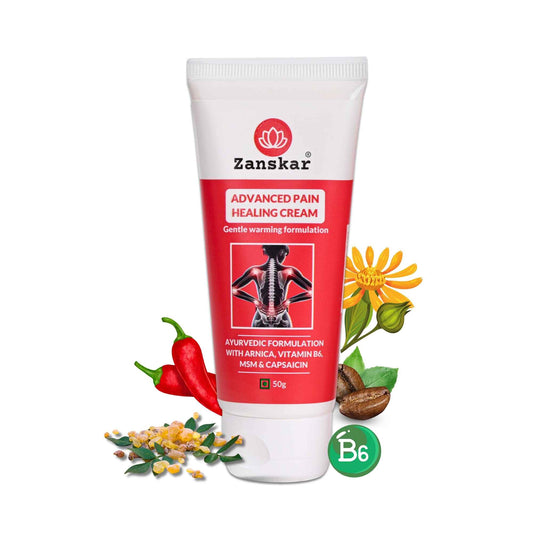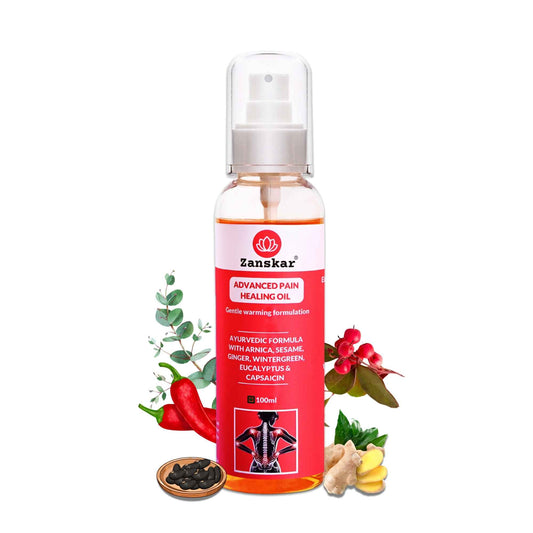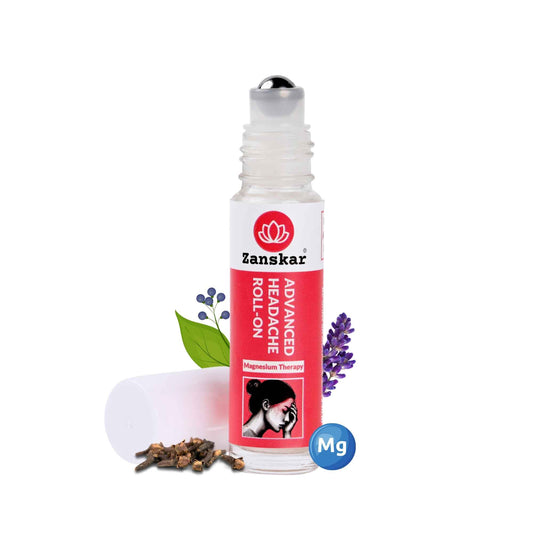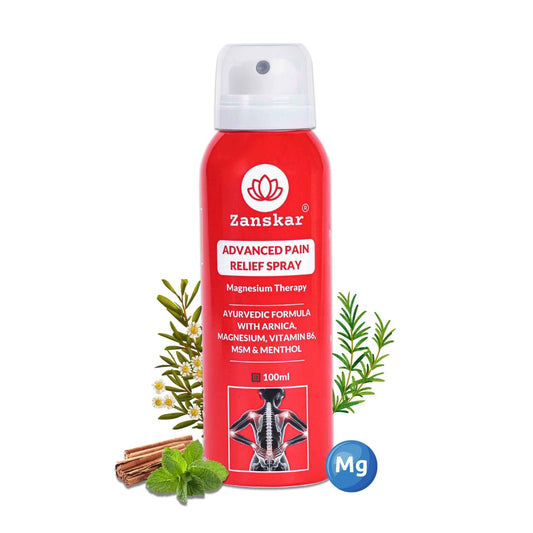
The Gender Pain Disparity: Exploring Why Musculoskeletal Pain Occurs More Frequently in Women Than Men
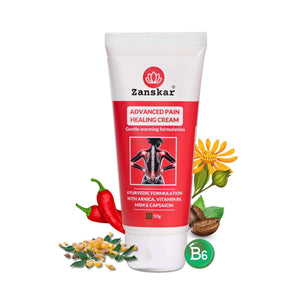
1.7 billion people worldwide are currently suffering from musculoskeletal (MSK) pain. Issues like back pain and neck strain affect people of all ages, genders and occupations, but research shows that women are more likely to experience pain than men.
Musculoskeletal pain is most common in women above middle age, with 40% of women aged 55 to 64 years old seeking medical attention for their pain. However, studies show that women of all ages are more likely to report pain lasting for a longer duration, multiple pains in different regions of the body and more frequent, severe levels of pain than men.

The gender gap in musculoskeletal (MSK) pain
There are over 200 conditions that affect our MSK health, with certain conditions affecting women more predominantly than others. Women are more likely than men to experience pain in the following areas of the body:
- Knees
- Lower back
- Pelvis
- Wrists and hands
Various biological, workplace and lifestyle factors make women more susceptible to MSK pain:
- Hormones – the fluctuations in hormones during menstruation, pregnancy and menopause can influence your pain sensitivity and inflammatory response.
- Muscle mass - women typically have a lower muscle mass-to-fat ratio than men, which can increase the likelihood of muscle strain and pain.
- Bone Structure – various parts of the female body such as the pelvis are structured differently to the male body, making women more prone to postural challenges.
- Designed-for-Male Workplace equipment – women are more susceptible to desk-related pain as workplace environments and equipment are often designed to fit male norms.
Did you know? Knee pain is four to eight times more common in women than men. In the workplace, this is often exacerbated by working at a desk too high, leaving your feet dangling above the ground – a footrest can help prevent this!
5 tips to bridge the gender gap in musculoskeletal (MSK) pain
No matter your gender, age or occupation, there are simple steps you can take to look after your MSK health:
- Improve Your Posture – Poor posture can put extra stress on your joints and muscles. Over time, this can lead to pain and injury. Adopting good posture while you sit, stand and exercise will reduce your risk of injury and help you stay pain-free.
- Regular Physical Activity – Exercise is one of the most beneficial things you can do to maintain your physical health. Even a few short bursts of light activity can make a big difference over time.
- Get Enough Sleep - Sleep is an essential ingredient for all aspects of your health. It allows your body to repair and regenerate. Aim for at least 7-8 hours of sleep every night to improve your overall wellbeing.
- Healthy Diet – Keep your bones and joints healthy with a diet that is rich in calcium, vitamin D and other essential nutrients.
- Improve your workplace setup – We already mentioned that certain working environments and equipment are often designed to fit male norm. This can expose women to an increased risk of desk-related pain. In most cases, these issues are preventable with small adjustments to your workplace, such as the addition of a footstool. Refer this ready reckoner for best ergonomic setup practices.
Learn More About Zanskar Health
If you have joint or muscle pain that makes it hard to move, Zanskar offers the most advanced full stack pain relief solutions for you.
Now available to purchase, Zanskar® Advanced Pain Healing Cream has a unique formulation of natural ingredients like Arnica, Vitamin B6, MSM and Capsaicin, which is trusted by over 20L+ pain sufferers globally. It provides lasting relief from muscle and joint discomfort that you can feel good about. Get your fix before stocks run out - buy now.
You can also gain access to therapeutic exercises and stretches for your condition by downloading the Zanskar Health physiotherapy mobile app. Additionally, you’ll have a personal care team to guide, support, and tailor our program to you, including behavioral and nutritional coaching.
Download our mobile app here 👉 download and track your exercise streak.
Medical Review: This article is written by Dr Nishtha Mittal (Senior Health Content Editor at Zanskar Health) and has been medically reviewed by the medical team at Zanskar Health. This article and its contents are provided for educational and informational purposes only and do not constitute medical advice or professional services specific to you or your medical condition.




